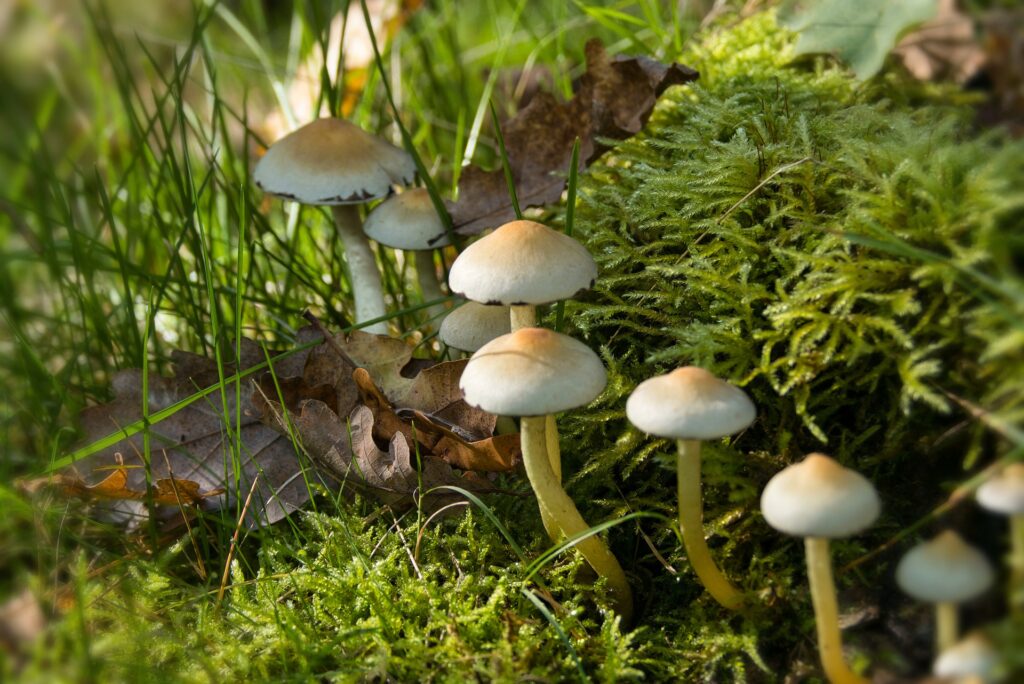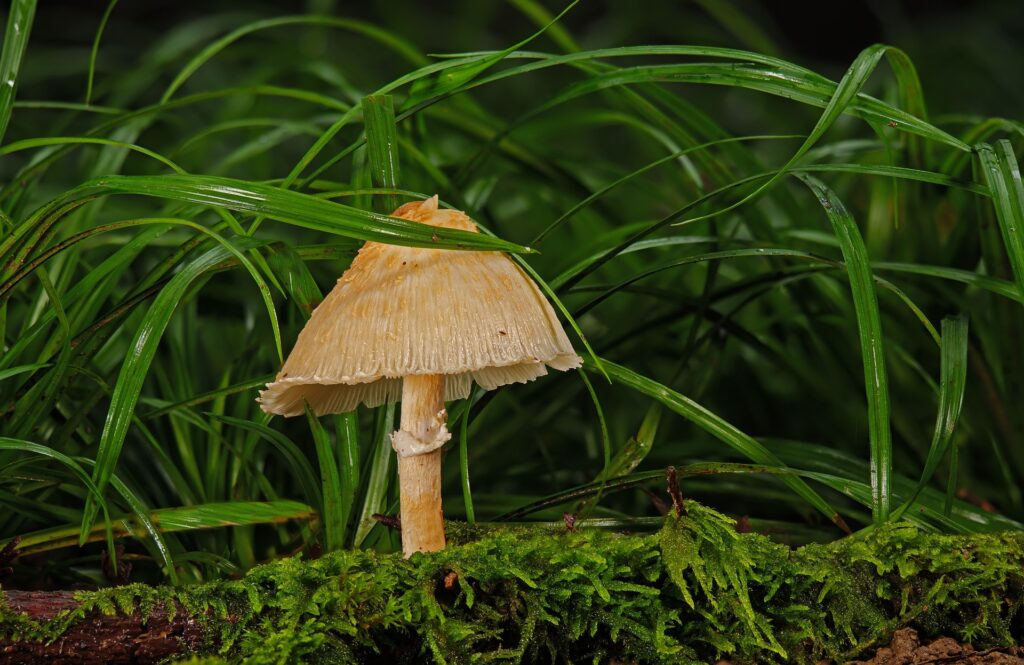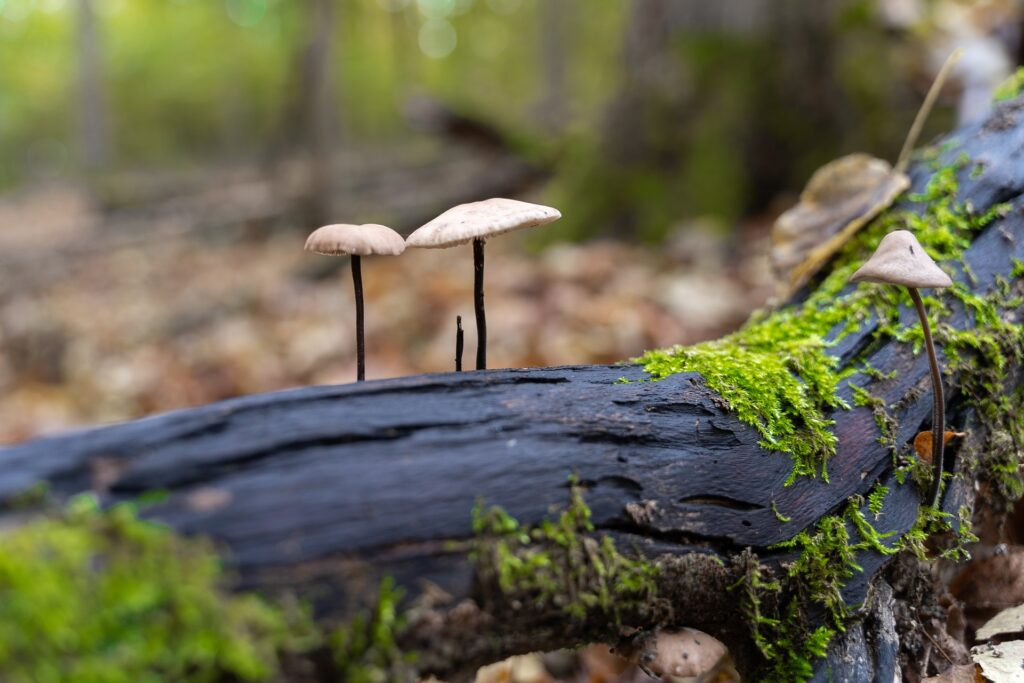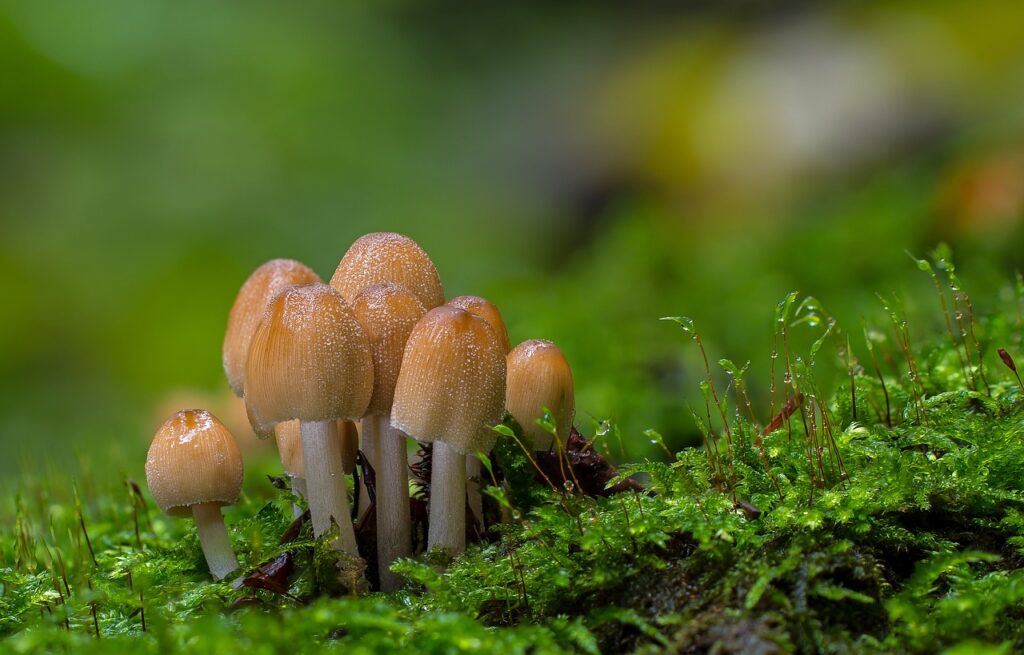Understanding the Legal Landscape of Psilocybin Mushroom Spores
The question of whether growing psychedelic mushrooms is legal often arises, as well as the legality of magic mushroom spores. Many individuals are surprised to learn that most of the U.S. regards Psilocybe cubensis, or “magic” mushroom spores, as legal.
Legal Status of Magic Mushrooms by State. This article aims to provide up-to-date information on the legal standing of psilocybin spore across states, including details about different spore syringes, the legality of psilocybin spore by state, legal information regarding Psilocybe cubensis grow kits in the U.S., and the current legal status of psychedelic mushroom spores for studying or cultivating mushroom spores in your state.
Understanding the Complexities of Psilocybin Spore Legality: Conduct Thorough Research
Despite this, it is important to remember that the legality of psilocybin mushroom spores is a more nuanced topic than it initially appears. If you are an aspiring microscopist or mycologist keen on studying psilocybin spores and the specifics of Psilocybe cubensis spore legality, we recommend delving into our articles on the legality of Psilocybe cubensis spore for additional perspective and conducting your own research.
Where are magic mushrooms legal? Are magic mushroom spores legal? Is Psilocybe cubensis legal in the U.S? For those short on time or eager to know where mushrooms are legal in the U.S., here’s a quick summary: psilocybin mushroom spores are legal in the U.S., excluding California, Georgia, and Idaho.
Psilocybin, including the psilocybin contained within mycelium or mature Psilocybe cubensis mushrooms, is illegal throughout the U.S. Is it legal to cultivate psychedelic mushrooms? No, and that’s why we focus on mushroom spores. The legality of Psilocybe cubensis spores is much more straightforward for research and studying. Several U.S. states are considering legalizing psilocybin therapy. Some jurisdictions have decriminalized psilocybin, but “decriminalization” does not equate to “legalization”. We’ll elaborate on this below.

“Decriminalized” does not equate to “legalized”.
The Difference Between Magic Mushroom Legality and Psilocybin Spore Legality
As you can see, the topic of mushroom legality and psilocybin spore legality is more complicated than it appears! There’s also the related issue of the therapeutic benefits of psilocybe mushrooms and Psilocybe cubensis, which are numerous. But for mushroom researchers who wish to study psilocybin mushroom spores without violating the law, understanding their local laws is critical.
Legality of Mushroom Spores: The Distinction Between Legal and Decriminalized
In this article, we discuss the three states that have banned mushroom spores sold by Psilocybe cubensis companies, why spores are legal everywhere else even though mature mushrooms are not, and which jurisdictions have decriminalized psilocybin – and what this could mean for the future regarding where mushroom spores are legal or decriminalized?
Two key distinctions are essential as we proceed:
The difference between legalization and decriminalization
The difference between a mushroom spore and a mature mushroom
In this article, you’ll learn about all legal details of mushroom spore, about Psilocybe cubensis information, as well as other intriguing and helpful information that every aspiring microscopist should know, including the legality of spore prints.
A man writing on a sheet of paper, representing someone studying the difference between psilocybin legalization and decriminalization
What is the Difference Between Legalization and Decriminalization?
Understanding the difference between legalization and decriminalization is crucial. Unfortunately, many people use these terms interchangeably, which can lead to confusion or even legal trouble. The “language of the law” is often quite distinct from everyday conversational language.
So, it would seem obvious—if something has been “de”-criminalized, that must mean it’s no longer illegal, right? In fact, this is not correct. Let’s clarify why.
In regulatory terms, legalization refers to making a certain action legal (i.e., not against the law, or “OK” to do without fear of punishment or consequences from the local governing body).
A public domain image of alcohol prohibition in the 1920s, illustrating the difference between psilocybin decriminalization and legalization
We usually use the term “legalization” or the past tense “legalized” to refer to an action that was once illegal, but is now legal. The prohibition of alcohol in 1920s America is perhaps the most well-known example. In this case, alcohol was legal prior to 1920, illegal during the prohibition period, and legalized after the prohibition was reversed.

The Distinction Between Legal and Illegal
Here’s another example that perfectly illustrates the difference between legal and illegal, and notably demonstrates how an action might be entirely legal, but when that action is altered or extended, it becomes illegal. Consider this: It’s perfectly legal to get out of bed and make yourself a nice cup of morning coffee. However, it would be illegal (and ill-advised!) to add a few shots of your favorite alcoholic beverage to that coffee and then decide to drive.
For our discussion, it’s important to understand that buying, selling, owning, and studying psilocybin mushroom spores is legal in most of the U.S. Is Psilocybe cubensis spores legal? However, cultivating these spores into mature mushrooms (which contain psilocybin) is illegal. Like the coffee story, you’ve taken a legal action and altered it to become something illegal.
Now that we understand the terms legal, illegal, and legalization, we can examine the other term in question, decriminalization.
Decriminalization can be best described as a situation where the criminal penalties attributed to an illegal act are no longer enforced by the local governing body. If described as “decriminalized,” it’s likely that an action is still illegal, but that offenders will not be subject to criminal penalties—though they may still face a fine or civil penalties.
With the above in mind, when we talk about places that have decriminalized psilocybin mushrooms in the U.S.—at the time of this writing, there are just three municipalities that have done so—it’s crucial to understand that psilocybin and psilocin are still illegal in these areas, but if “caught” an individual will not face as severe a punishment as they previously would have.
Penis Envy Mushroom Spores – Psilocybe Cubensis Legality – Growing Spores vs. Growing Psilocybe Cubensis Mushroom Strains
Once again, psilocybin mushroom spores are legal in most parts of the U.S. as far as Psilocybe cubensis spore legality is considered, but psilocybin mushrooms are not. With that in mind, let’s ensure we understand the difference between growing a spore and growing mushrooms.
➢ Penis Envy Mushroom Spores are an excellent cubensis strain to start with for all legal spore research for microscopy (not for growing)
What’s the Difference Between a Spore and the Other Stages of Mushroom Development?
For convenience, here’s a quick recap: a spore is the reproductive unit of a fungus. Spores are produced by the gills of a mushroom (the ribbed portion below the cap). They can appear as a fine powder.
Since the spores of Psilocybe cubensis and other psilocybin-containing mushrooms do not contain psilocybin, they are legal. However, once spores start to germinate, they can form mycelium and then mature mushrooms—which do contain psilocybin and are thus illegal.
Amateur microscopists interested in studying Psilocybe cubensis spores are free to do so in most parts of the U.S., provided the spores are used only for research. Even though it’s legal to own the spores, it is not legal to grow magic mushrooms.
In Which States Are Magic Mushroom Spores Legal – What Are The Mushroom Laws By State?
Magic mushroom spores are legal in all U.S. states except California, Idaho, and Georgia. While motivations differ from state to state, the general aim of legislators in these regions is to prevent the intentional cultivation of psilocybin-containing mushrooms. Lawmakers believe that by stopping the manufacture, sale, and possession of psilocybin mushroom spores, these goals will be easier to achieve—which is unfortunate for law-abiding researchers.
However, in the other 47 states, the sale and possession of psilocybin mushroom spores is legal for microscopy, taxonomy, and general research purposes. This means that if you live in a region where psilocybin mushroom spores are not banned, you’re free to buy magic mushroom spores online in the Love Mushroom Spores shop.
California, Idaho, and Georgia Psilocybin Mushroom Spores Legality
California is one of the more fascinating cases regarding psilocybin because the state has a historically progressive population and government. However, at the time of this writing, psilocybin is illegal in California—and so are the spores of mushrooms that could potentially mature to contain psilocybin, even though the spores themselves do not.
Psilocybin Mushroom Spores and their Status in Idaho
Pictured here is Idaho’s Sawtooth Range, a state where psilocybin mushroom spores, just like psilocybin itself, are considered illegal.
In Idaho, psilocybin, in any form, including as spores of Psilocybe cubensis mushrooms, is illegal. This is not surprising considering the state’s strict stand on substances like cannabis, with neither medicinal nor recreational use of cannabis being permitted. Idaho also strongly resisted the 2018 Farm Bill, which reclassified hemp from a drug to an agricultural product at a federal level.
Despite the fact that hemp, a variety of the cannabis plant, contains very little psychoactive THC, possession or transportation of the plant in Idaho can still lead to prosecution under state drug laws. Interestingly, psilocybin mushroom spores, which are devoid of any psychoactive substances, are also banned in Idaho. Unfortunately, this means that Love Mushroom Spores cannot and will not ship to this state.
The State of Magic Mushroom Spores in Georgia
In Georgia, psilocybin mushroom spores are illegal. This makes Georgia one of only three states in the U.S. where the spores are banned. The legal code in Georgia classifies mushroom spores as “dangerous drugs”, since mature mushrooms could contain “either psilocybin or psilocin”. This means that hobbyist microscopists residing in Georgia will have to abstain from studying psilocybin mushroom spores for the time being.
Decriminalization of Psilocybin in Certain U.S. Municipalities
It’s important to remember the distinction between decriminalization and legalization, as we previously discussed. To date, only three municipalities in the United States have decriminalized psilocybin:
Oakland, California
Santa Cruz, California
Denver, Colorado
Denver’s Psilocybin Decriminalization Initiative
In 2019, Initiative 301 was passed in Denver, leading to the decriminalization of personal use and possession of psilocybin. This close vote engaged about 176,000 residents, with 50.6% voting for the decriminalization movement. Despite psilocybin still being classified as a Schedule I substance in Denver, this change means personal possession of psilocybin mushrooms is now a low priority for law enforcement in both the city and county of Denver.
Psilocybin Decriminalization in Oakland and Santa Cruz, California
Shortly after Denver’s successful Initiative 301, the city council of Oakland unanimously voted to decriminalize psilocybin, along with other plant- and fungi-derived psychedelics, like peyote and ayahuasca. Following Oakland, Santa Cruz also unanimously voted to decriminalize psilocybin and other similar substances in 2020, largely due to the efforts of Project New Day to promote the safe and responsible use of psilocybin for drug addiction treatment.
Cultivating Psilocybin Mushrooms in New Mexico – Some Key Notes
In 2005, New Mexico’s Court of Appeals ruled that cultivating psychoactive mushrooms, like Psilocybe cubensis, does not contravene the state’s drug manufacturing laws. However, an important point to note is that dried mushrooms remain illegal to possess in New Mexico. It is permissible to cultivate and consume psilocybin mushrooms directly but not to store them.
The Future of Psilocybin in the United States
There is hope among many, including advocates, medical researchers, spiritual leaders, and mycologists, that decriminalization could be the first step towards the legalization of psilocybin in the United States. For now, it remains legal to study psilocybin mushroom spores and research psilocybe cubensis mushroom strains across most of the country. So, whether you’re an amateur or professional microscopist, mycologist, taxonomist, or just fascinated by the intersection of beauty and science, continue your exploration with due respect for the law.

